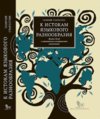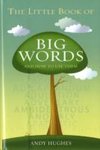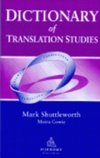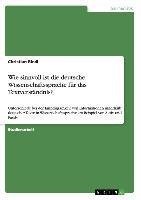
-
 Nemecký jazyk
Nemecký jazyk
Wie sinnvoll ist die deutsche Wissenschaftssprache für das Textverständnis?
Autor: Christian Riedl
Studienarbeit aus dem Jahr 2013 im Fachbereich Germanistik - Linguistik, Note: 1,0, Universität Wien (Institut für Germanistik), Veranstaltung: PS Sprachwissenschaft: Syntaktische Experimentierwerkstatt, Sprache: Deutsch, Abstract: Nowadays humans are surrounded... Viac o knihe
Na objednávku, dodanie 2-4 týždne
16.65 €
bežná cena: 18.50 €
O knihe
Studienarbeit aus dem Jahr 2013 im Fachbereich Germanistik - Linguistik, Note: 1,0, Universität Wien (Institut für Germanistik), Veranstaltung: PS Sprachwissenschaft: Syntaktische Experimentierwerkstatt, Sprache: Deutsch, Abstract: Nowadays humans are surrounded by Technical Languages which influence common language in many different ways (e. g. mass media as well as fictional and nonfictional literature). Therefore, the term Scientific Language-and hence the term Technical Language-is difficult to define and not consistently used. Although each definition fits in only one special context, technical languages (1) either exist within or besides common language, (2) differ from common language, (3) are made for communication between professionals and (4) may build a barrier of understanding. Since hindered understanding of technical languages does not only affect nonprofessionals but also professionals who do not yet possess »technical thinking« (e. g. interested people, scholars and students) the question is: Is German scientific language connected with the understandability of texts? In fact, this question also affects didactics. Based upon the fact that scientific and common language have the same linguistic levels (e. g. lexis, morphology and syntax), but some linguistic instruments of technical languages occur more or less often, the syntactic instrument of voice (diathesis) is examined prototypically. The corresponding verbalized hypothesis is: Information from texts predominantly written in active voice can be easier remembered than information from texts predominantly written in passive voice. In this case the operationalized hypothesis is: Subjects who read a text which includes more active voice sentences than passive voice sentences mark more true/false statements of a following test correctly than subjects who read a text in which it is the other way round. Referring to the operational hypothesis this study has three main components: (1) an active voice text, (2) a passive voice text and (3) a form shaped test. A total of 32 subjects took part in this study-16 of them were given the active voice text, 16 the passive voice text. For the benefit of the hypothesis those subjects who randomly got the active voice text received 8.9 percentage points better results than those who randomly got the passive voice text.
- Vydavateľstvo: GRIN Verlag
- Rok vydania: 2013
- Formát: Paperback
- Rozmer: 210 x 148 mm
- Jazyk: Nemecký jazyk
- ISBN: 9783656511489
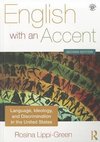

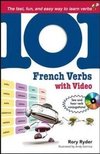
 Anglický jazyk
Anglický jazyk 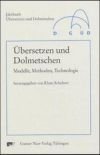
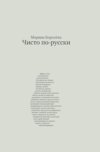
 Ruský jazyk
Ruský jazyk 

